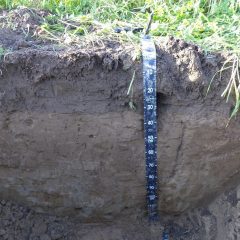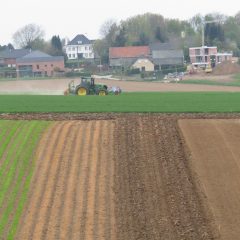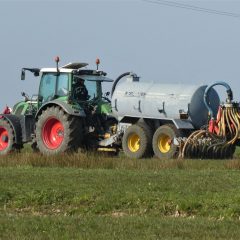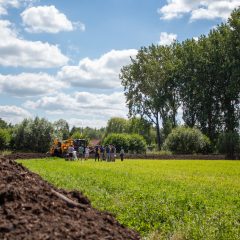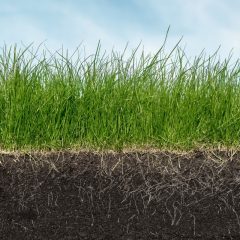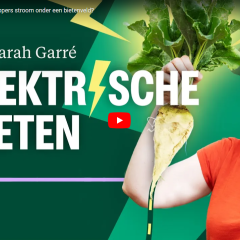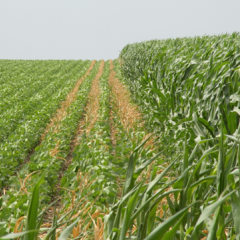Research project Sustainable Management of soil Organic Matter to Mitigate Trade-offs between C sequestration and nitrous oxide, methane and nitrate losses
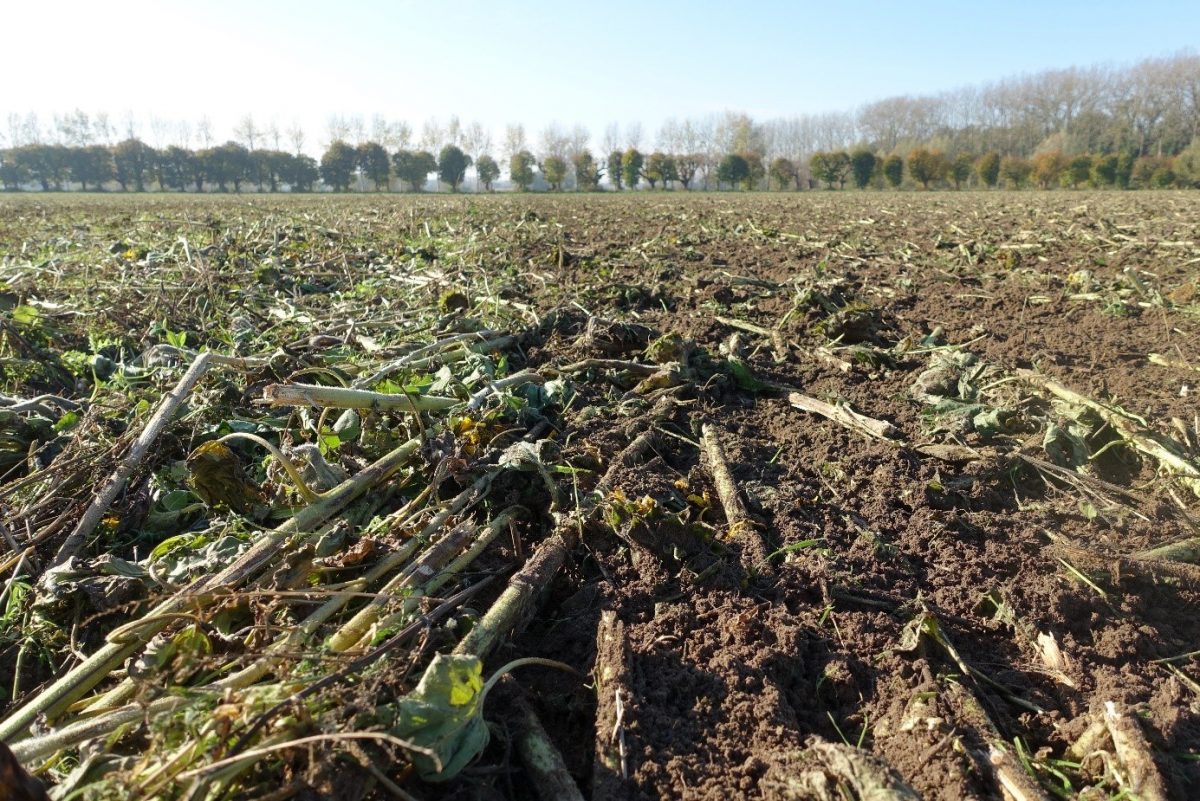
General introduction
A meta-analysis of European field trials, monitoring of long-term field experiments and simulations, has led to more clarity on the effects of more carbon storage in the soil: the climate gains from efforts to achieve more carbon storage in the soil vs. the additional emissions of the greenhouse gas nitrous oxide and of nitrogen that arise as a result of those efforts. The preliminary conclusion: in most cases, the advantages (carbon storage) outweigh the disadvantages (emissions). Several knowledge gaps have also been identified.
The SOMMIT project team examined how certain soil management practices can increase carbon storage in soils while minimizing trade-offs such as N2O and CH4 emissions and nitrogen leaching.
Research approach
SOMMIT consisted of five work packages: 1) a comprehensive study of literature and data on carbon storage and related trade-offs; 2) eight experiments investigated the effect of organic material application (such as compost and biochar) on N2O emissions; 3) simulation models were developed to predict the long-term effects of various soil management practices on agroecological systems; 4) data were integrated with the Fuzzy expert system to support informed selection of soil management options; and 5) the SOMMIT Index was developed. This tool evaluates the performance of practices based on trade-offs and synergies.
Relevance/Valorization
The SOMMIT index is still quite general. It rates practices on their crop yield, carbon sequestration, greenhouse gas emissions and nitrogen leaching. The clearest and most favorable scores are for compost and biochar application. Both show promise in many contexts.
SOMMIT provided an integrated approach that not only brought together existing knowledge, but also generated new insights in addition to identifying important knowledge gaps. There appears to be a strong need for an integrated approach and (new) field trials that simultaneously measure trade-offs in addition to carbon storage. The index may need further development at the regional level.
Financing
EU Horizon2020

